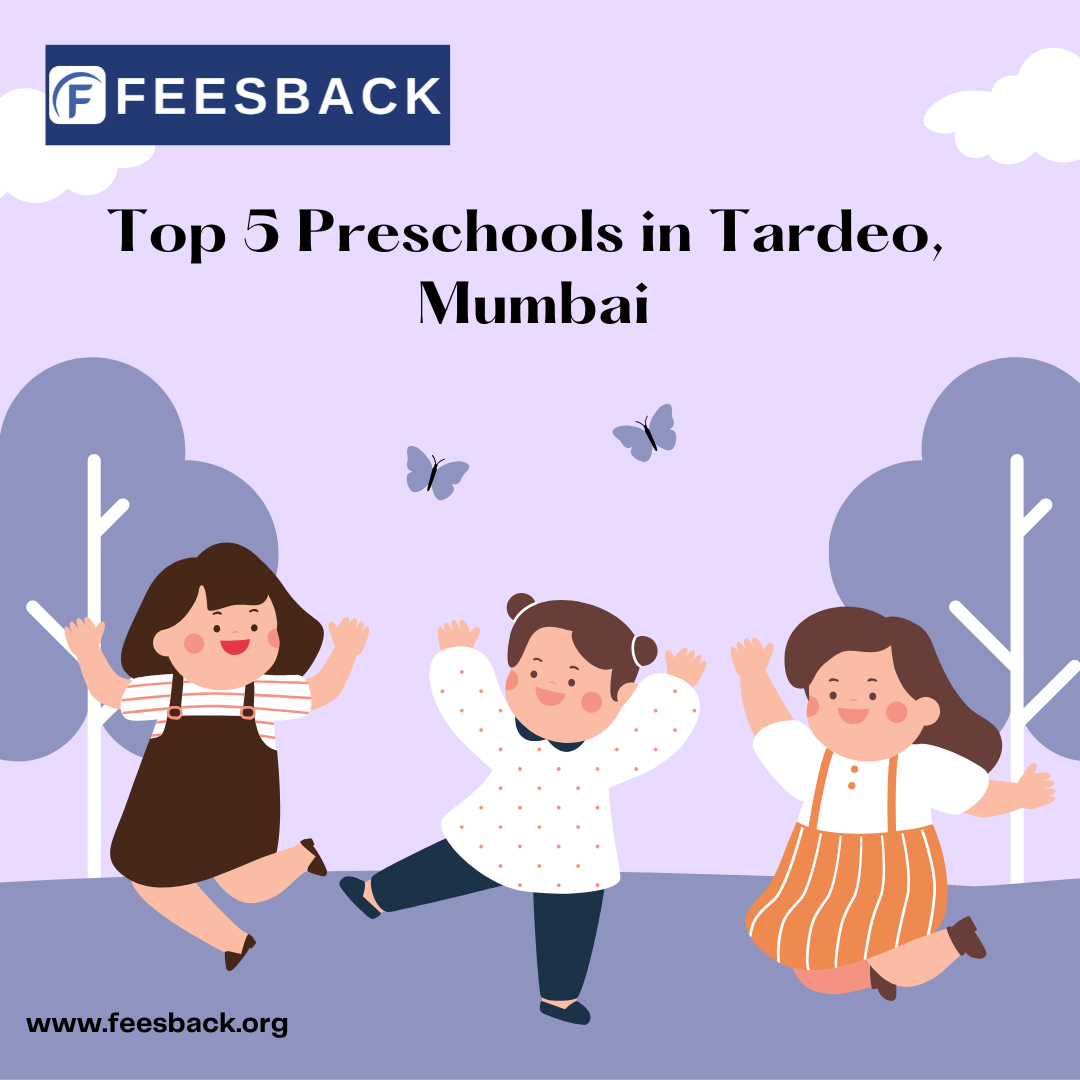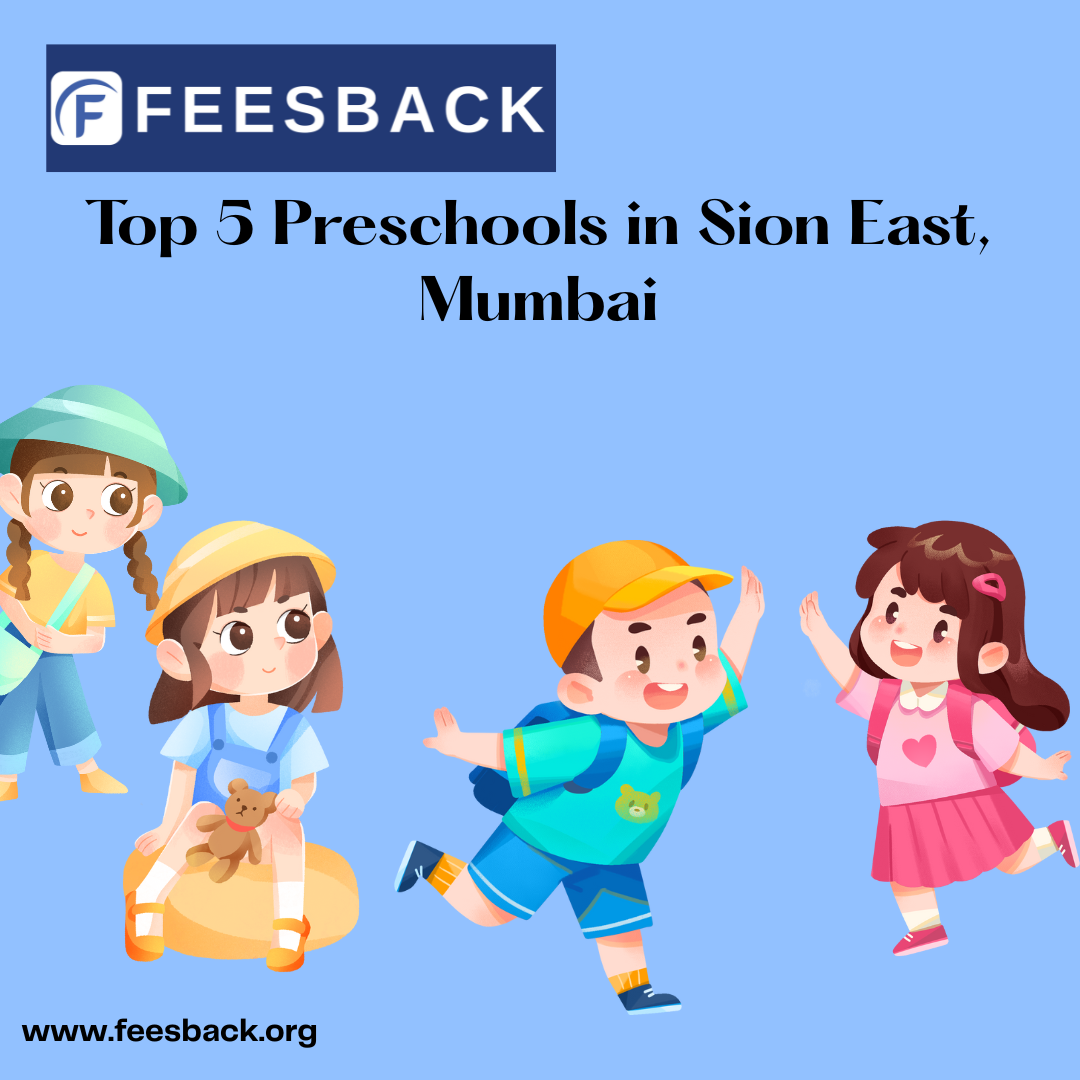Introduction
In the dynamic and ever-evolving realm of early childhood education, the transformative power of instilling a love for reading in preschoolers transcends traditional views of literacy. This blog serves as an in-depth exploration into the manifold benefits of incorporating a robust reading culture within preschool settings. It asserts that reading is not merely a skill to be acquired but a dynamic catalyst for holistic growth encompassing cognitive, emotional, social development, academic triumph, and a lifelong love for learning. As we delve deeper into the pages of this narrative, it is crucial to recognize that the act of reading forms the very fabric of a child's foundation, weaving a tapestry of skills and virtues that extend far beyond the confines of early education.
Cognitive Development: Illuminating the Mind
Expanding Vocabulary Horizons
- Word Acquisition: The world of books introduces preschoolers to an expansive vocabulary, offering a diverse lexicon that goes beyond everyday conversation.
- Contextual Learning: Connecting words to the context of a story provides a nuanced understanding, building a vocabulary that serves as a powerful tool for effective communication.
Nurturing Cognitive Skills
- Critical Thinking Adventures: Engaging with narratives not only captivates young minds but also challenges them to think critically, fostering analytical skills essential for navigating life's complexities.
- Problem-Solving Expeditions: The varied challenges within stories act as cognitive stimuli, encouraging the development of essential problem-solving skills that are crucial in both academic and real-world scenarios.
Language Development: Crafting Verbal Masterpieces
- Language Structure Mastery: Exposure to grammatically rich sentences in books significantly contributes to the development of a child's language structures, laying the groundwork for articulate expression.
- Communication Flourishing: Reading stories aloud becomes a dynamic platform for enhancing a child's verbal communication skills, promoting clarity and expressive prowess.
Emotional Development: The Heartbeat of the Reading Experience
Empathy Forged Through Pages
- Character Identification: The immersive quality of literature allows preschoolers to identify with characters, cultivating empathy and a deeper understanding of the rich tapestry of human emotions.
- Emotional Comprehension: Books provide a safe space for children to explore and understand a spectrum of emotions, fostering emotional intelligence and resilience in the face of life's challenges.
Confidence as a Beacon
- The Power of Reading Aloud: Encouraging children to read aloud becomes a transformative confidence-building exercise, enhancing their ability to articulate thoughts and ideas with conviction.
- Independence in Literacy: Mastering reading skills serves as a gateway to independence, instilling a sense of self-esteem and empowering children to embrace their unique voices.
Reading as Bonding Rituals
- Shared Reading Moments: The act of reading together creates intimate bonding moments, fortifying the emotional connection between parents, teachers, and children, fostering a sense of security and trust.
- Cocooned in Literary Comfort: Associating reading with comfort and joy establishes positive emotions that become intertwined with the process of learning, creating a strong emotional foundation for future challenges.
Social Development: The Art of Connection
Collaborative Learning
- Harmony in Group Reading: Participating in group reading activities nurtures collaboration and teamwork among preschoolers, laying the groundwork for cooperative endeavors in future endeavors.
- Discussion Sparks Interaction: Conversations about stories stimulate social interaction, encouraging the sharing of diverse perspectives and ideas, fostering open-mindedness.
- Narrative Diversity: Exposure to stories from diverse cultures fosters an understanding and appreciation for the richness of human diversity, cultivating cultural competence.
- Global Perspectives: Early immersion in different worldviews broadens a child's understanding of society, paving the way for inclusive perspectives and global citizenship.
Classroom Harmony
- Behavioral Upliftment: Consistent reading routines contribute to a structured classroom environment, positively impacting behavior, focus, and overall classroom dynamics, creating an optimal learning environment.
- Peer Connectivity: Collaborative reading activities serve as a catalyst for strengthening peer relationships and enhancing communication skills, fostering a supportive and inclusive learning community.
Preparation for Academic Triumph: The Launchpad for Success
Ready for the Academic Odyssey
- Pre-literacy Skills Unleashed: Early exposure to books provides preschoolers with essential pre-literacy skills, offering a head start in their formal education journey.
- Igniting a Love for Learning: A positive association with reading becomes a precursor to a lifelong love for learning, instilling the joy of exploration and discovery that propels children into academic success.
Cognitive Mastery
- Attention Span Enhancement: Regular encounters with books contribute to the improvement of attention spans, a skill crucial for sustained academic focus and success in various learning environments.
- Reading Readiness Pinnacle: Early literacy experiences enhance a child's readiness for formal reading instruction, facilitating a seamless transition to more advanced learning and academic achievement.
Beyond Preschool: Lifelong Learning and Growth
A Lifelong Companion
- Reading as a Lifelong Habit: The habit of reading cultivated in preschool becomes a lifelong companion, fostering a continuous pursuit of knowledge and personal growth throughout adulthood.
- Adaptability and Resilience: Exposure to various genres and themes in early reading experiences enhances adaptability and resilience, valuable traits for navigating life's dynamic challenges.
Continued Emotional Intelligence
- Emotional Resilience: The emotional intelligence cultivated through early exposure to diverse emotions in literature equips individuals with the resilience to navigate complex emotional landscapes throughout their lives.
- Empathy in Adulthood: The empathy developed through early identification with characters transcends childhood, shaping compassionate adults capable of understanding diverse perspectives and fostering positive relationships.
Social Leadership
- Community Engagement: The collaborative and social skills honed through shared reading activities contribute to the development of future community leaders, fostering a sense of responsibility and service.
- Global Citizenship: Early exposure to diverse narratives fosters a sense of global citizenship, encouraging individuals to engage with and contribute to a globally interconnected world.
Conclusion
In essence, the imperative nature of instilling the habit of reading in preschoolers resonates across the dimensions of cognitive, emotional, and social development, academic success, and lifelong learning. Beyond the foundational years, reading becomes a compass guiding children through a lifelong journey of learning and personal growth. As educators, parents, and caregivers, our collective responsibility is to foster an environment where reading is not merely a skill but a cherished habit with far-reaching implications. By nurturing a love for reading in the early years, we lay the groundwork for our youngest learners to embrace a future rich in intellectual curiosity, emotional intelligence, social resilience, and a lifelong love for learning. Together, let us turn the pages of possibility, propelling the brilliant minds of tomorrow into a world of boundless opportunities, continued excellence, and a passion for the written word that knows no bounds.




